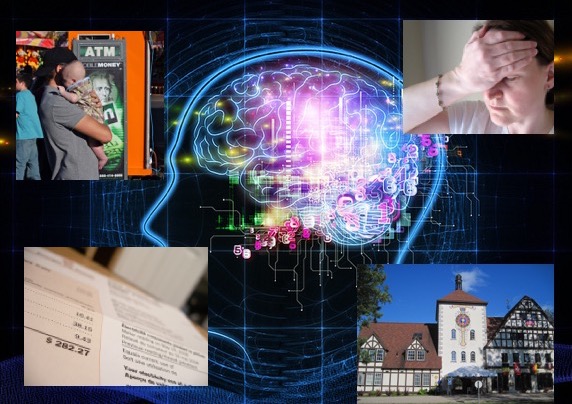Welcome back! This week we’ve got research on how constructions of merit help reproduce inequality, how brain injuries involve changing identities, and the relationship between health and missing utility payments.
There’s Research on That!:
“Constructing Merit in College Admissions,” by Jean Marie Maier. In light of the college admissions scandal, we rounded up research on how constructions of merit help reproduce inequality.
“Reconstructing Identity after a Brain Injury,” by Allison Nobles. To mark Brain Injury Awareness Month, we delve into social science research on how recovery from a brain injury involves changes to identity, social relationships, and everyday routines.
Discoveries:
“When Poor Health Means Past Due,” by Allison Nobles. New research in Sociological Perspectives finds that changes in health predicts missed utility and housing payments more than changes in income.
Clippings:
“Artificial Intelligence, Empathy and Moderating Online Communities,” by Allison J. Steinke. The Verge interviews Katherine Cross about artificial intelligence technology as a way to moderate online communities.
“False Meritocracy in the Elite Workplace,” by Jean Marie Maier. The Atlantic talks with Daniel Laurison about how the culture and personnel of professional firms benefit upper-class workers.
From Our Partners:
Sociological Images:
“Forging New Paths,” by Evan Stewart.
Contexts:
“Ethnographers in Cars with Guns,” by Steven Lubet.
Council on Contemporary Families:
“Children and Happiness: Are Parents in the U.S. Becoming Happier over Time?” by Jennifer Glass.
And from the Community Pages:
- Center for Holocaust and Genocide Studies reflects on the Never Again Education Act and historical naming in Minnesota.
- Dispatches from a Dean ponders cashless retail.


Comments